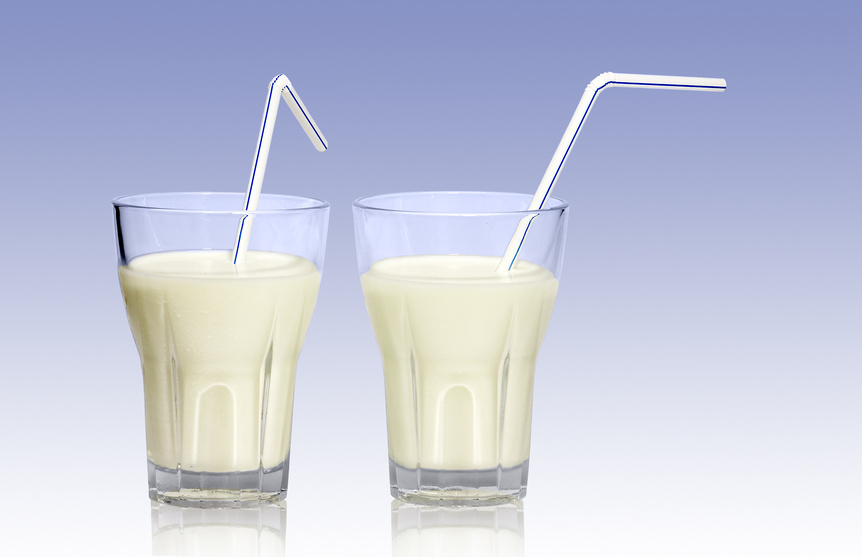 Calcium has taken a back seat, lately, to some of the current darlings of the vitamin and supplement scene (like vitamin D and omega-3). So it’s easy to forget about calcium.
Calcium has taken a back seat, lately, to some of the current darlings of the vitamin and supplement scene (like vitamin D and omega-3). So it’s easy to forget about calcium.
But…is calcium something you need to worry about? Should you take supplemental calcium?
The answer: it depends. It depends who you are, what your risk factors are, and what your diet is like. But most of us, to be honest, don’t get enough calcium.
Going vegan is a big-time trend right now, and while it can be a healthy lifestyle if done right, it can also leave you deficient in some things–and calcium is one of those things.
Cutting out dairy for food sensitivity/allergy/lactose intolerance is another trend. And something that can leave you wanting for calcium, too.
Calcium is important for bone health. And while that may sound a little on the boring side…trust me, you do not want to be one of those frail little things in your advanced years. Fractured hips and spines are an excruciating thing. Taking care of your bones, like many things about health, is an investment. You won’t see the payoff for a long time. But if you neglect your bones, by the time your body is showing signs, it will be too late.
So how do you make sure you’re getting enough calcium?
Adults need to aim for 1000 milligrams of calcium a day. Pregnant and breastfeeding women need to pay special attention to getting sufficient calcium. Women over age 50, and men over 70, should get 1200 mg a day.
Good food sources? Dairy is the best. A cup of milk contains about 300 mg of calcium. Other dairy products like cheese and yogurt, are excellent sources. But you can certainly find calcium in non-dairy foods: salmon, spinach, tofu, almonds, white beans, fortified OJ, and kale, to name a few. Some yummy stuff in that list, no?
The National Institutes of Health has a factsheet on calcium and a chart of calcium-rich food sources.
One approach: try to get at least half your calcium intake from food. Then supplement the rest to fill in the gaps.
The key with supplemental calcium is taking the right amount. Our bodies have a tough time absorbing calcium if the dose is higher than 500 mg at one sitting. So, two separate doses of 500 mg will be more effective than a single mega-dose of 1000 mg.
Also, recent research has shown that too much calcium may be not-so-great for your heart. If you overdo it with supplements, you could increase your risk of a heart attack. But this is a relatively new finding–more research is needed to figure out exactly what’s going on, here. In the meantime, use caution with calcium supplements if you’re at high risk of heart disease. Stick with food sources to be safe.
If you do take calcium supplements, you should also take vitamin D, to improve calcium absorption. (besides the other benefits of vitamin D).
And what do I do, personally? Well, I love milk. Love yogurt, couldn’t live without cheese (wouldn’t want to, either), take real cream in my coffee….basically, I could do commercials for the dairy board.
But that’s just me.






